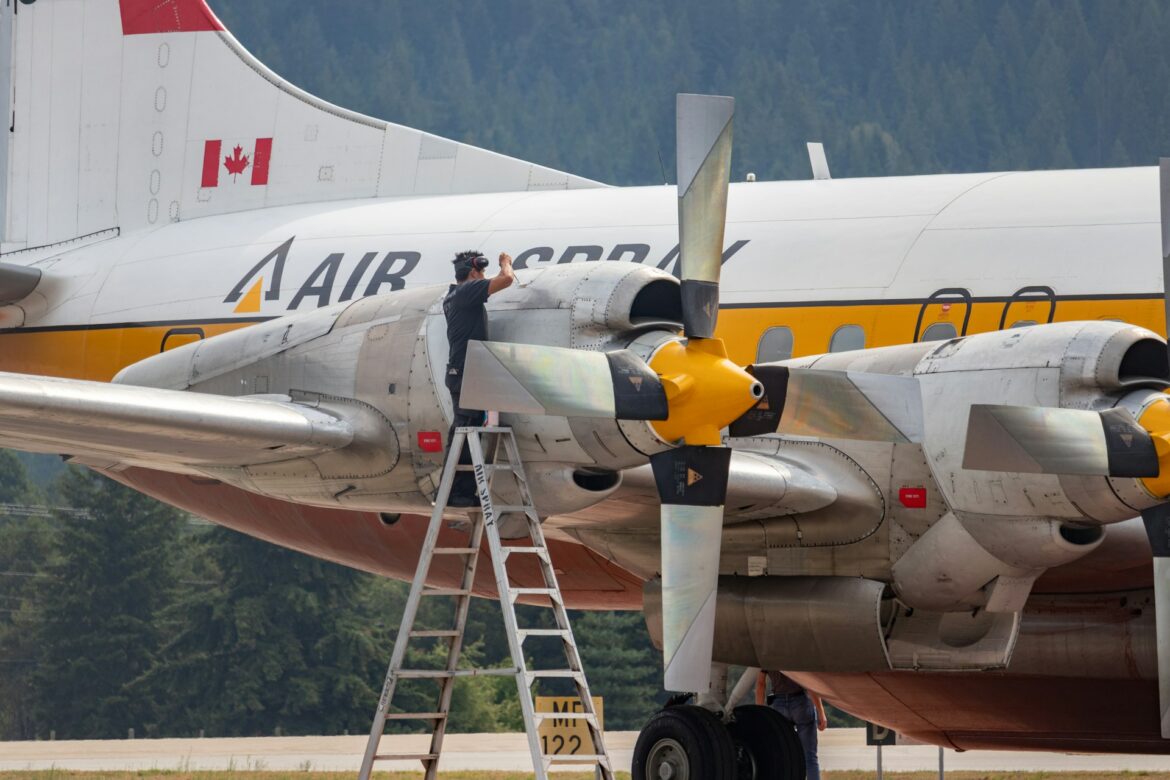The Alberta government has announced a $900,000 investment to support the development of a virtual reality (VR) training system aimed at addressing the growing shortage of skilled workers in the aviation sector. The funding, awarded through the Workforce Strategies Grant, will go to Elevate Aviation, an Edmonton-based not-for-profit focused on aviation skills development.
Transport Canada estimates that the aviation sector will face a shortage of 42,000 to 55,000 workers across Canada between 2025 and 2035. Alberta’s investment in VR training is part of a broader effort to help fill that gap by enhancing education and workforce readiness in the province.
“This investment marks a new era in aviation training,” said Matt Jones, Alberta’s Minister of Jobs, Economy and Trade. “With this $900,000 grant, we are not only funding a project, we are also investing in the future of our aviation workforce.”
The Virtual Reality Aviation Maintenance Training System, developed by Elevate Aviation, will use immersive technology to create realistic training environments for aviation maintenance professionals. This system allows trainees to practice their skills in a controlled, risk-free setting, aiming to accelerate the learning process and produce industry-ready graduates.
Laura Sinclair, chief operating officer at Elevate Aviation, emphasized the importance of this technological advancement for the aviation sector. “By integrating VR, we are breaking down barriers and providing a modern, effective solution to meet the urgent need for skilled aviation professionals. This investment is a clear signal that Alberta is committed to staying ahead of the curve in aviation training.”
In addition to this latest grant, Alberta’s government has also provided Elevate Aviation with a $5-million grant in 2023 to support its Aviation Readiness Training programs. More than 200 students graduate each year from these programs with the skills required to enter various aviation careers, according to the organization.
The VR training system, once operational, will be located in Edmonton, but its online capabilities will allow for use across the province and beyond. The technology will be available for foundational training, industry onboarding, competency testing, and recurrent training.
The Workforce Strategies Grant initiative aims to expand access to high-quality training programs, particularly for underrepresented communities, including rural and Indigenous groups. The government’s investment in these initiatives is part of its broader strategy to bolster Alberta’s economy by addressing workforce shortages in critical industries.
As demand for skilled aviation workers continues to grow, with more than 1,000 job openings expected in Alberta in the next decade, the VR system is being hailed as a key tool in helping to meet those needs.
Sinclair added that the VR training system will offer a more inclusive approach to workforce development, making aviation careers accessible to a wider range of people and ensuring Alberta remains competitive in the global aviation industry.





